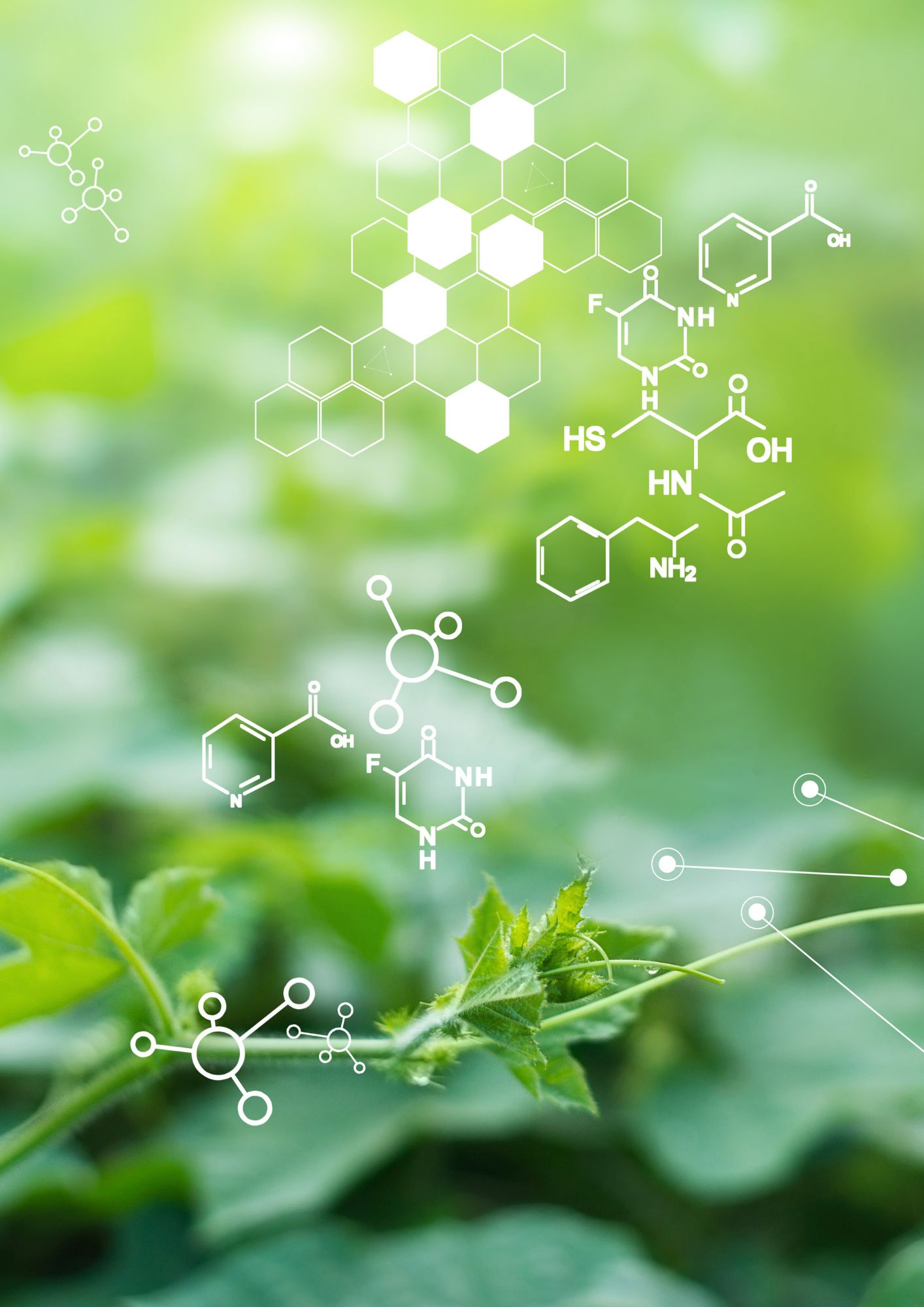Science
The important thing is not to stop questioning. Curiosity has its own reason for existing. One cannot help but be in awe when he contemplates the mysteries of eternity, of life, of the marvelous structure of reality. It is enough if one tries merely to comprehend a little of this mystery every day.
Albert Einstein
Throughout KS3 students are taught in mixed ability groups, and soft setting through KS4 where we aim to develop scientific knowledge and understanding alongside scientific skills, through practical investigations.
Students’ progress is monitored through regular formative assessments and summative end of module testing.
KS3 Science
Throughout all Key Stages students are taught in mixed ability groups and we aim to develop scientific knowledge and understanding alongside scientific skills, through practical investigations. Students’ progress is monitored through regular formative assessments and summative end of module testing.
|
Order of Teaching Topics: Particular thought has been put into the order of teaching topics in many areas of our curriculum including:
|
 |
|
Transition Topics into GCSE Year 9 follow a programme of Transition Topics before starting GCSE topics. This includes: - Maths skills required for GCSE to provide the foundation for GCSE science. - Balancing equations which applies these maths skills to an area that will be revisited later in the GCSE course and something that most students find challenging. - Health (Drugs) which forms part of students' Personal Development education. - Progression Through Science topic which introduces students to career possibilities (Gatsby benchmark 4), while reflecting on what substantive knowledge has been covered up to this point in their education. It also gives a flavour of what the next steps in their science education will be. |
|
Reading in the Curriculum is interwoven into our schemes of learning. There is a literacy lesson at the end of each topic where students read selected articles from scientific magazines and complete activities based on the article. |
 |
An overview of the topics covered is highlighted below.
Biology
|
Year 7 |
Year 8 |
Year 9 |
|
|
|
Chemistry
|
Year 7 |
Year 8 |
Year 9 |
|
|
|
Physics
|
Year 7 |
Year 8 |
Year 9 |
|
|
|
KS4 Combined Science GCSE - Trilogy
Please click here for the AQA Combined Science: Trilogy webpage.
Please see below for the KS4 GCSE Combined Science AQA Specification - 8464.
This is a broad and engaging scientific course that will inspire and challenge students of all abilities and aspiration.
Experiments that are specified in the syllabus will be assessed in the written exams that will all be sat at the end of Year 11. Students can sit the Higher or Foundation papers and questions on the paper include multiple-choice, structured, closed, short and open response questions. The exam questions will increase in difficulty on the paper. The topics to be covered include:
| Biology | Chemistry | Physics |
|---|---|---|
|
Cell biology |
Atomic Structure and Periodic Table |
Forces |
|
Organisation |
Bonding, Structure and Properties of Matter |
Energy |
|
Infection and Response |
Quantitative Chemistry |
Waves |
|
Bioenergetics |
Chemical Changes |
Electricity |
| Homeostasis and Response | Energy Changes | Magnetism and Electromagnetism |
| Inheritance, Variation and Evolution | Rate and Extent of Chemical Change | Particle Model of Matter |
| Ecology | Organic Chemistry | Atomic Structure |
| Chemical Analysis | ||
| Chemistry of the Atmosphere | ||
| Using Resources |
Students will achieve two GCSEs in Science on this course.
Students will sit six exams: 2x Biology, 2x Chemistry and 2x Physics papers.
Each paper is 70 marks (16.7% of the whole GCSE) and takes 1 hour 15 minutes.
There are 21 experiments included in the syllabus that may be assessed in these papers.
Contact: Ms Hadjidaniel
KS5 Applied Science L3 BTEC
Please see below for the Edexcel BTEC Applied Science Level 3 National Extended Certificate Specification
Student Course Criteria
This is a two year course equivalent to one A level award and is for those students who are interested in Science and committed to applying themselves fully to all the demands of this course. This an applied general qualification for post- 16 learners who want to continue their education through applied learning and who aim to progress to higher education, and ultimately to employment, possibly in the applied science sector.
| Course Overview |
|---|
|
Principles and Applications of Science This unit is assessed through three written exams of 40 minutes each and is marked externally. Content includes: animal and plant cells; tissues; atomic structure and bonding; chemical and physical properties of substances related to their uses; waves and their applications in communications. Practical Scientific Procedures and Techniques This unit introduces the learner to standard laboratory equipment and techniques such as titration, colorimetry, calorimetry and chromatography and is assessed internally. Science Investigation Skills The students will develop the essential skills underpinning practical science investigations. As well as drawing on unit 1 and unit 2 these skills will be delivered through subject themes ranging from enzymes and diffusion to electrical circuits. This unit will be assessed by one written exam of 2h 15 minutes, which will assess the students’ ability to plan, process, analyse and evaluate scientific findings, using primary/secondary information/data. Physiology of Human Body Systems This unit will focus on three body systems: musculoskeletal, lymphatic and digestive. Assignments will be set and students will be expected to use a range of research, practical and evaluative skills to produce work independently and this will be assessed internally. |
Assessment of this course will be awarded at either Pass, Merit or Distinction level providing all assessment criteria have been met.
Further Opportunities Following this Course
An understanding of the fundamental systems that makeup the human body is a key requirement if you wish to progress to study health and care-related programmes or biomedical sciences in further education and at university. It is an essential requirement for a career in sport- and health- related disciplines, for example physiotherapist, sports trainer and exercise physiologist.
Securing a Place at Post 16
Students must have an interest in and a commitment to Chemistry. Students should have a grade 5-5 in GCSE Combined Science. In addition, at least a 5 in English and a 5 in Maths will be required. Students must have obtained their grades in Science on the Higher paper.
Contact: Mrs Pereira
KS5 A Level Biology
Please click here for the KS5 A Level Biology AQA webpage.
Please see below for the KS5 A Level Biology AQA Specification 7402.
Student Course Criteria
For those students interested in Biology and committed to completing an academic course.
|
Course Overview A Level Biology AQA 7402 |
|
|---|---|
Year 12 |
Year 13 |
|
3.1 Biological molecules 3.2 Cells 3.3 Organisms exchange substances with their environment 3.4 Genetic information, variation and relationships between organisms |
3.5 Energy transfers in between organisms 3.6 Organisms respond to changes in their internal and external environment 3.7 Genetics, populations, evolution and ecosystems 3.8 The control of gene expression |
Course Assessment
Assessment of content and practical skills is through public examinations. Key practical skills will also be assessed directly by a teacher as part of normal lessons leading to a practical endorsement. This does not contribute to the final grade.
Further Opportunities Following this Course
Science related career following higher education e.g. teaching, medicine, health-related industries, veterinary science, agriculture, horticulture, food science (production, research), conservation, environmental protection, biotechnology, microbiology.
Securing a Place at Post-16
Students must have an interest in and a commitment to Biology. Students should either have grade 6 in Biology or grade 6-6 in GCSE Combined Science. In addition, at least a grade 6 in English and a 6 in Maths will be required. Students must have obtained their grades in Science on the Higher paper.
Contact: Ms Hadjidaniel
KS5 A Level Chemistry
Please click here for the KS5 A Level Chemistry AQA webpage.
Please see below for the KS5 A Level Chemistry AQA Specification 7405.
Student Course Criteria
Students must have an interest in and a commitment to the subject. This will appeal to students wishing to follow a career in any of the sciences, medicine, dentistry, veterinary or physical geography.
|
Course Overview A Level Chemistry AQA 7405 |
|
|---|---|
Year 12 |
Year 13 |
|
3.1.1-7 Physical Chemistry 3.2.1-3 Inorganic Chemistry 3.3.1-6 Organic Chemistry |
3.1.8-12 Physical Chemistry 3.2.4-6 Inorganic Chemistry 3.3.7-16 Organic Chemistry |
Course Assessment
Assessment of content and practical skills is through public examinations. Key practical skills will also be assessed directly by a teacher as part of normal lessons leading to a practical endorsement. This does not contribute to the final grade.
Securing a place in Post 16
Students must have an interest in and a commitment to Chemistry. Students should either have grade 6 in Chemistry or grade 6-6 in GCSE Combined Science. In addition, at least a 6 in English and a 6 in Maths will be required. Students must have obtained their grades in Science on the Higher paper.
Further Opportunities Following this Course
Following higher education, any science related career e.g. medicine, pharmacy, pharmacology, veterinary science, cosmetic and perfume science, chemical and other forms of engineering, material science and forensic science. Any career which values skills acquired in this subject.
Contact: Mrs Pereira
KS5 A Level PhysicsAQA PHYSICS A LEVEL - 7407 / 7408)
Please click here for the KS5 A Level Physics AQA webpage.
Please see below for the KS5 A Level Physics AQA Specification 7407 / 7408.
Student Course Criteria
For those students interested in Physics and committed to completing an academic course.
Course Overview
- Particles and radiation
- Waves
- Mechanics and Materials
- Electricity
- Further mechanics and thermal physics
- Fields and their consequences
- Nuclear physics
Options
- Astrophysics or Medical Physics
Course Assessment
Assessment of content and practical skills is through public examinations.
Key practical skills will also be assessed directly by a teacher as part of normal lessons.
Further Opportunities Following this Course
Science related careers following higher education including teaching, engineering, astronomy, space exploration, games development, modelling the climate and architecture. Students can also go into non-physics careers after higher education such as finance.
Following higher education, any science related career e.g. engineering, architecture, games development and materials developer. A-level physics can also lead you to a career in finance and economics as it teaches you data handling and problem-solving skills.
Securing a Place at Post-16
Students must have an interest in and a commitment to Physics. Students should have a grade 7 in physics or 7-7 in combined science. In addition, at least a grade 5 in English language/Literature and a grade 7 in Mathematics will be required.
Contact: Ms De Freitas
Our Curriculum Deputy Headteacher, Ms Foster, will be happy to supply further detail and more information if required.
Please contact her at ecsgeneral@enfieldcs.enfield.sch.uk or telephone 020 8363 3030.

